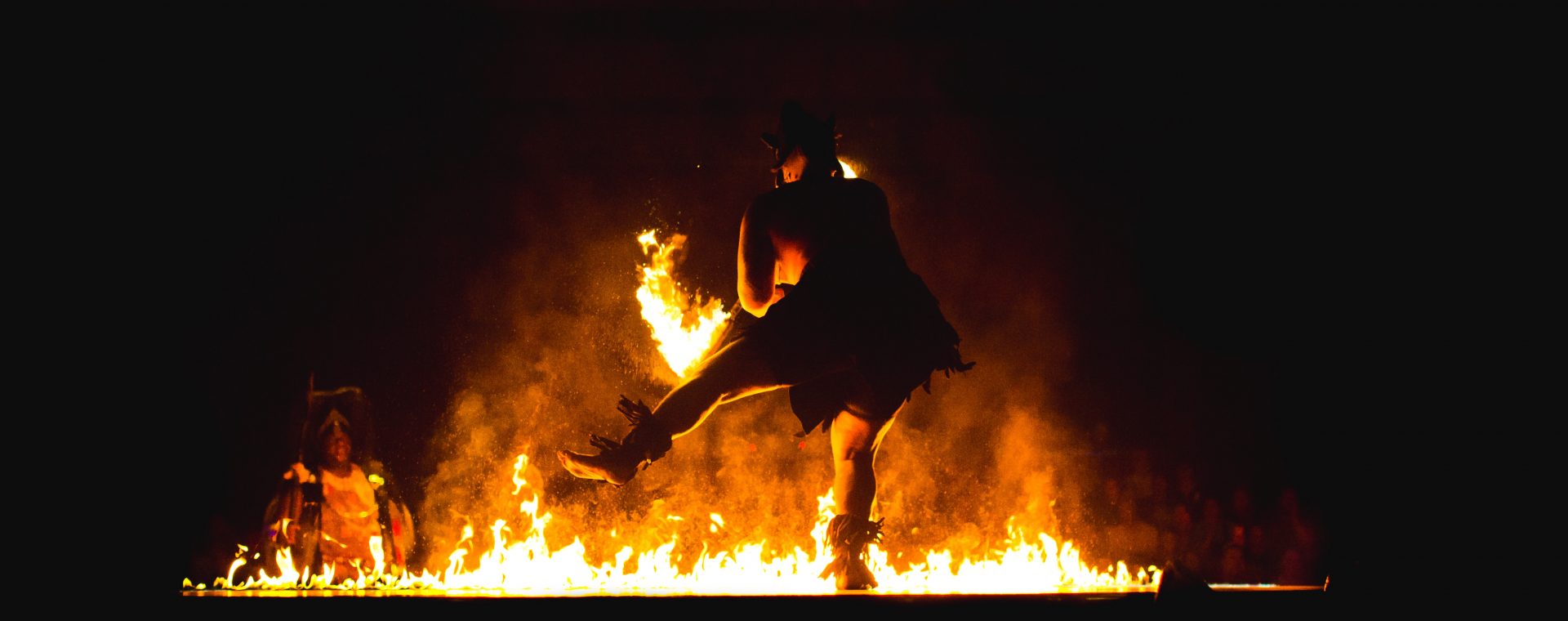
How one views one’s self in the context of the other is an embedded social and cultural phenomenon. If one’s self is perceived as equal in importance to the other, whether or not the other is of differing personal, social, and/or cultural worlds, then social and natural harmony is achievable. “Through the discovery of others, we reinforce the self and build bridges of mutual acceptance and respect,” Peter Mousaferiadis, CEO and Founder of Cultural Infusion. It is the formative process of education which can facilitate such a cultural shift; creating a future determined by empathetic and aware citizens who critically think relative to long term sustainability.
Sustainable change in the external world can only be instigated by the collective movement of individuals’ shifting inner attitudes as a result of experience. Inner attitudes are fostered through education—whereby a person grows into a natural understanding and develops a sense of openness and curiosity about other cultural perspectives, thus evolving an empathy around world views other than their own. Tolerance and empathy are the keys to intercultural communication, this is done by the self, which is at the core of all human experience.
Cultural Infusion, an Australian based organization, has focused on reinforcing the self and discovering others through education for some twenty years. The organization supports and implements 150 distinct cultural experiences within schools, from pre-primary to upper secondary. These are interactive programs that present the music, dance, myths, beliefs, and backgrounds of cultures from around the globe as an experience for approximately 350,000 Australian students nationwide. The insight gathered from this work informed the extension into an international platform with a set of unique award-winning digital products. These products allow teachers to implement new experiences in the classroom with online support from our in-house educators and anthropologists.
The digital package is called Learning Lands, which offers project-based learning for topics in general humanities, cultural studies, ecology, and science. The various applications complement each other for cross-disciplinary learning. For intercultural competency, Joko’s World offers game-based challenges about cultures that offer instant feedback. The points they earn are transferrable to the Learning Management System as a type of game based currency, which unlocks modules to deepen learning. The skills and knowledge points create a tangible sense of how learning opens the world. Instead of an abstract grade, the assessment allows learners to choose new destinations around the world for further exploration. Students can follow their own individual learning path as well as participate in classroom activities through the lessons provided in the teacher’s portal. Recent applications for Joko’s World have focused on building geographical knowledge through map, flag and landmark games as well as educating students about the customs and celebrations of other cultures.
To emphasize the self, the Ancestry Atlas is used for recognizing the individual backgrounds of every learner. This diversity mapping tool provides schools and organizations with insightful statistical information on distribution in birthplace, gender, language, and worldview. This has proven to be used by teachers as a springboard into many curriculum areas. Ancestry Atlas maps a school’s community, their ethnicity, world views and family cultural backgrounds (in de-identification) and can be quantified to better understand the complexity of diversity. It is particularly useful for the Principal and Senior School Management to identify and cater to the diversity of languages and belief systems in their schools. The tool has been successful in organizations as well, such as the United Religions Initiative, where the Associate Director of Global Programs, Matthew Youde, said, “We were so impressed with Ancestry Atlas we will make it available to all our 900+ member organizations across the globe.”
The components of Learning Lands also extend to specific tools. Sound Infusion is an interactive music program that enables users to create their own music by combining the sounds of instruments from a range of cultures around the world. The library is comprised of 7000 sound files of 125 traditional instruments from 75 different countries. Sound Infusion was recognized for its unique and effective impact by winning the 2013 United Nations Alliance of Civilizations & BMW World Group Intercultural Innovation Award. Mungo Explorer is designed in conjunction with Indigenous Infusion to provide a step-by-step approach to educating students about the depth of Australia’s original culture—one of the oldest living cultures in the world. Encapsulated in this program of extensive resources are a comprehensive sets of lesson plans for years K-10 covering the depth and breadth of Australian Aboriginal culture, highly interactive educational activities and tasks as well as ongoing support and resources. And finally, Teach Together is a new online forum being released for full subscribers of Learning Lands to share ideas and methods of teaching. The forum allows teachers to gain ideas from each other, give feedback on different lesson plans and allowing for new and innovative ideas to grow.
Our world is becoming increasingly diverse with globalization, and the intermingling of cultures and belief systems are now a part of social and economic life. Some of us embrace it while others struggle to understand it. Cultural Infusion’s digital learning projects place intercultural understanding at the center of the school curriculum, demonstrating it as a phenomenon that touches on multiple aspects of culture and ways of knowing. We are encouraged by the recognition gained by our digital products. Cultural Infusion has recently been selected to represent Australia for the UN World Summit Awards for Ancestry Atlas. It has also become the first official partner of the Australian National Commission for UNESCO, winning 15 international awards, including the United Nations Alliance of Civilizations and BMW World Group’s Intercultural Innovation Award. As part of the WISE Accelerator program and former WISE Award Finalist, the organization is taking these inter-cultural educational concepts global through the complete digital package of Learning Lands.


